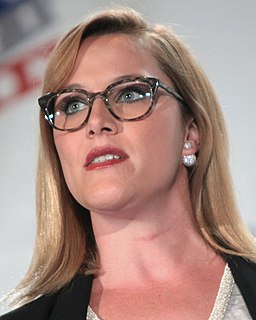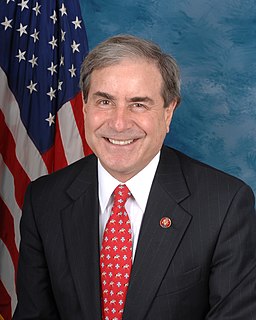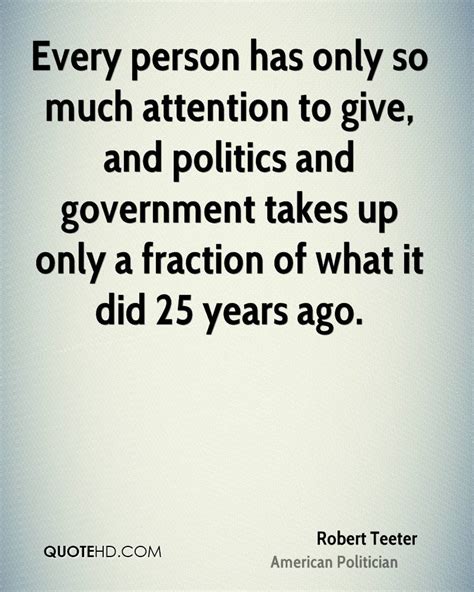A Quote by Elliott Abrams
Refusing to lift sanctions and adopting tougher rhetoric toward Iran would not be partisan issues. Plenty of Democrats think that those actions are both good politics and good policy.
Related Quotes
When it comes to partisan politics, everyone is a hypocrite. And all they care about is whether it hurts or helps them ... Is it good or bad for the Democrats? Is it good or bad for the Republicans? Is it good or bad for Jews, or good or bad for blacks, or is it good or bad for women? Is it good or bad for men? Is it good or bad for gays? That's the way people think about issues today. There is very little discussion of enduring principles.
I'm a firm believer that if you put together a good product that is just good policy, that is embraced by both sides so that it is seen as politically advantageous to the Republicans or Democrats, that even in this very polarized partisan world that you can advance legislation. I have to believe that, or I wouldn't want to get up every morning.
I think Hillary Clinton is more suspicious, clearly tougher on Russian policy in Ukraine, Georgia, Syria; more willing to support sanctions; not against negotiating with Putin, but I would say tougher and more skeptical. And Donald Trump has talked about revisiting policy towards Ukraine, revisiting policy about sanctions towards Russia, not as quick to criticize Putin for what he might be up to in Syria and propping up the regime there - so just seems to be more open to the possibilities of working out some kind of a - I guess you'd call a modus vivendi with Putin.
I can only hope that Trump comes to realize the grave dangers of adopting a policy of confrontation toward Iran. Among these dangers is the likelihood that hardliners would again gain the upper hand in the governing process in Tehran, and the moderates who have sought to end national and regional tensions would be marginalized, or worse.
A lot of Democrats have said that raising the minimum wage is both good economics and good politics. The nonpartisan CBO issued a report today saying that raising the minimum wage to $10.10 an hour would cost the economy about 500,000 jobs...Why should we trust Democrats on anything when they couldn't have foreseen that this would be the case?
Oil policy, policy toward the United States, policy toward Iran, Bahrain, Yemen, very unlikely, I think, to see significant change. These policies were the policies that had a wide family consensus. The question I think would be if the king becomes sick, whether you have weak Saudi leadership in the Arab world and the Middle East rather than strong Saudi leadership, but I think the fundamental policies will continue, the ones we’re familiar with under King Abdullah.
Sanctions did indeed help to bring Iran to the negotiating table. But sanctions did not stop the advance of Iran's nuclear program. Negotiations have done that, and it is in our interest not to deny ourselves the chance to achieve a long-term, comprehensive solution that would deny Iran a nuclear weapon.
Under the current U.S. policy, because of this power struggle, American oil companies can't do business with Iran. So I think the ultimate goal of the U.S. administration in Iran is regime change, to put into power a pro-Western government that will eliminate the strategic challenge to U.S. interests and, at the same time, allow the lifting of sanctions and allowing American oil companies to do business with Iran.


































